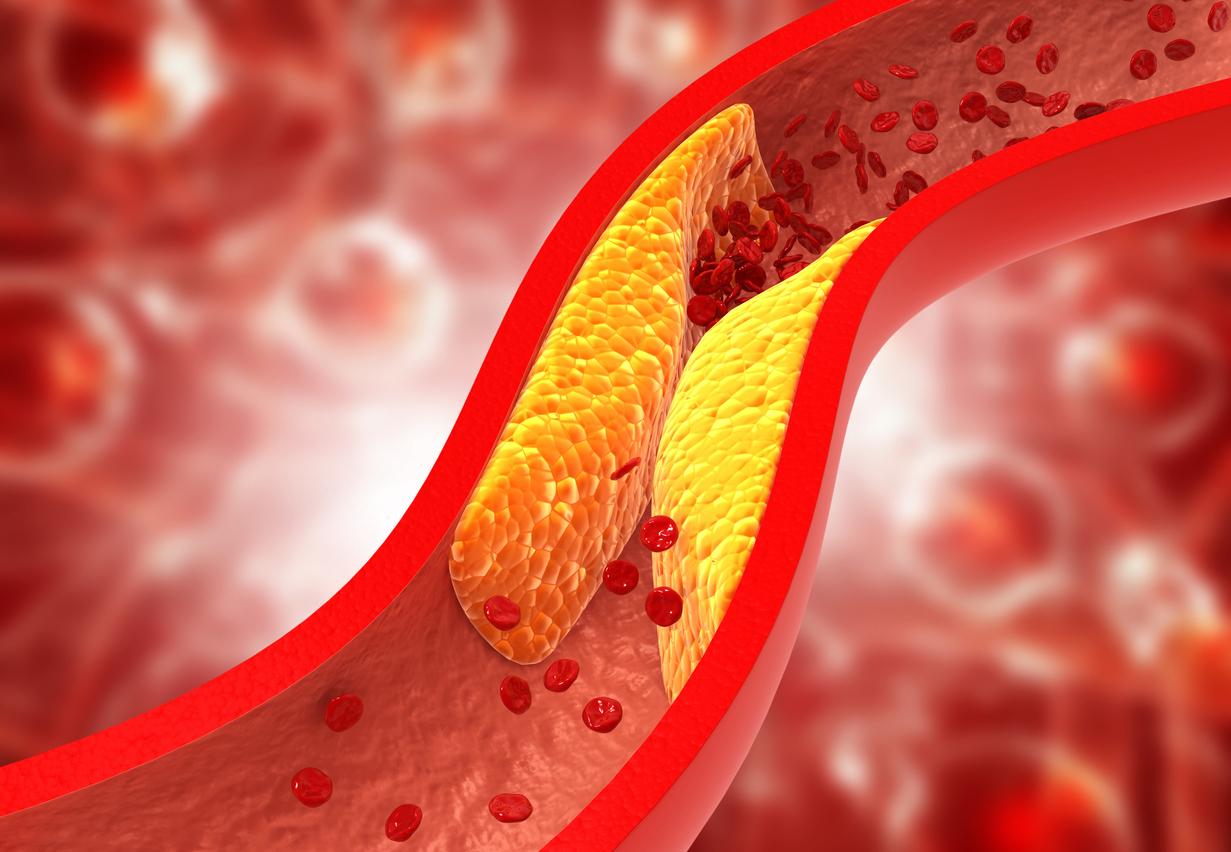Understand the risks and take action to minimize them. The keys to controlling cholesterol. Take action to protect your future, live better, live longer.

- Cholesterol: protect your heart by reducing “bad” fats: replace saturated and trans fats with healthy unsaturated fats (vegetable oils, oily fish, nuts, etc.).
- Reduce your intake of added sugars and engage in regular physical activity.
- Maintain a healthy body weight, do not smoke and limit alcohol. See your doctor regularly.
Cholesterol is a fatty substance that is essential for the proper functioning of the body. It plays a crucial role in the production of hormones, the formation of cell membranes and the transport of fats in the blood. However, too high a cholesterol level, particularly in the “bad” LDL fats, can increase the risk of cardiovascular diseases, such as atherosclerosis, myocardial infarction and stroke.
Cardiovascular disease is a leading cause of death worldwide. One of the major risk factors is high levels of LDL cholesterol, often called “bad cholesterol.” Reducing bad fats in your diet is essential to maintaining a healthy heart. Here are some tips to help you do just that.
Replace saturated fats with unsaturated fats
Saturated fats, found in fatty meats, full-fat dairy products and processed foods, raise LDL cholesterol. Opt for unsaturated fats found in vegetable oils (olive, canola), avocados, nuts, and fatty fish like salmon and mackerel. These fats help lower LDL and raise good cholesterol (HDL).
Increase fiber intake
Soluble fiber, found in fruits, vegetables, legumes and whole grains, helps lower LDL cholesterol. It binds to bile acids in the intestine, making them easier to eliminate and reducing the amount of cholesterol absorbed by the body.
Limit trans fatty acids
Trans fats, often found in processed baked goods, snack foods, and fried foods, raise LDL cholesterol and lower HDL. Read food labels and avoid those containing “partially hydrogenated oils.”
Consume plant sterols and stanols
Plant sterols and stanols, found in some fortified products such as specialty margarines, can help lower LDL cholesterol. These natural substances limit the absorption of cholesterol in the intestine.
Adopt a balanced diet
Eat a diet rich in fruits, vegetables, whole grains, fish, and legumes while limiting red meats and processed foods. The Mediterranean diet, for example, is known for its cardiovascular benefits.
By combining these dietary strategies with an active lifestyle, it is possible to significantly reduce LDL cholesterol and maintain a healthy heart. Do not hesitate to consult a health professional for personalized advice.

















